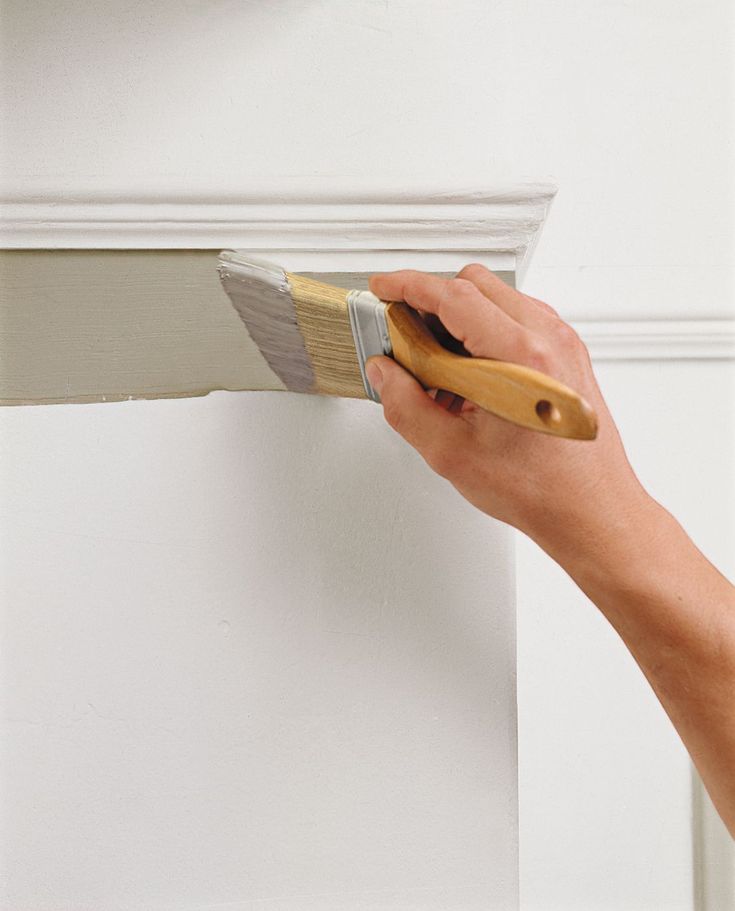When scheduling a home inspection, it’s important to understand what areas should be covered to ensure a comprehensive assessment of the property. Firstly, the inspection should cover the structural integrity of the home. This includes examining the foundation, walls, roof, and other structural components for any signs of damage or instability. Identifying structural issues early on can help you avoid costly repairs in the future.
Your home inspection should also include a thorough evaluation of the plumbing and electrical systems. The inspector will check for leaks, water pressure problems, faulty wiring, outdated electrical panels, and other potential hazards. Ensuring that these systems are in good working condition is crucial for the functionality and safety of the home. Detecting any issues with plumbing or electrical systems can help you make informed decisions about necessary repairs or negotiations with the seller.
Lastly, a comprehensive home inspection should cover both the interior and exterior components of the property. This includes assessing the condition of windows, doors, flooring, insulation, and other visible elements. The inspector will also look for signs of water damage, mold, or pest infestation. Evaluating the overall condition of the home’s interior and exterior will provide valuable insights into the property’s maintenance and potential future expenses.
To sum up, understanding what your home inspection should cover is essential for a thorough assessment of the property’s condition. By ensuring that the inspection includes the evaluation of the structural integrity, plumbing and electrical systems, and both the interior and exterior components, you can make informed decisions about the property and avoid potential issues in the future. Hiring a qualified and experienced home inspector is crucial to ensuring a comprehensive inspection that covers all necessary areas of concern.






